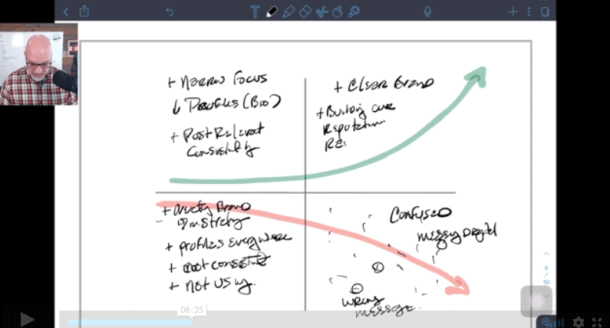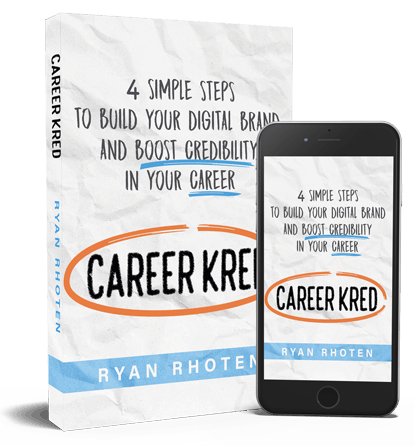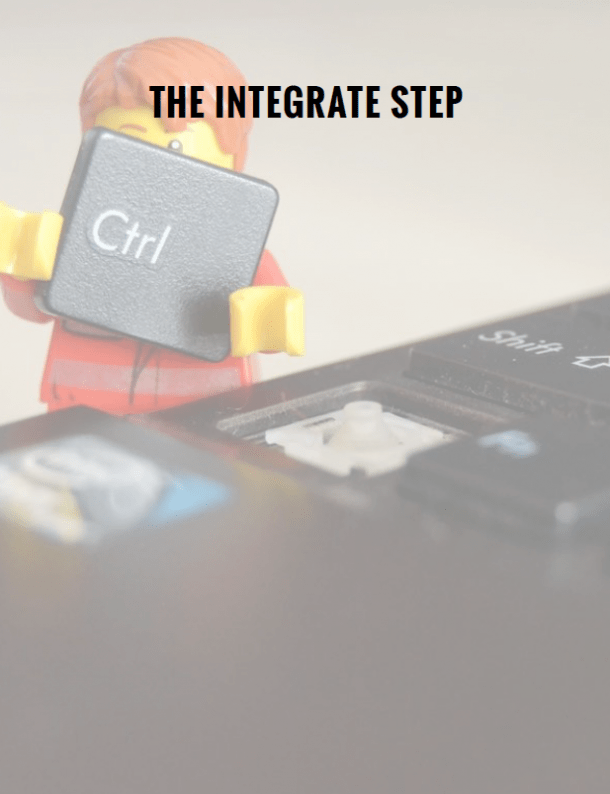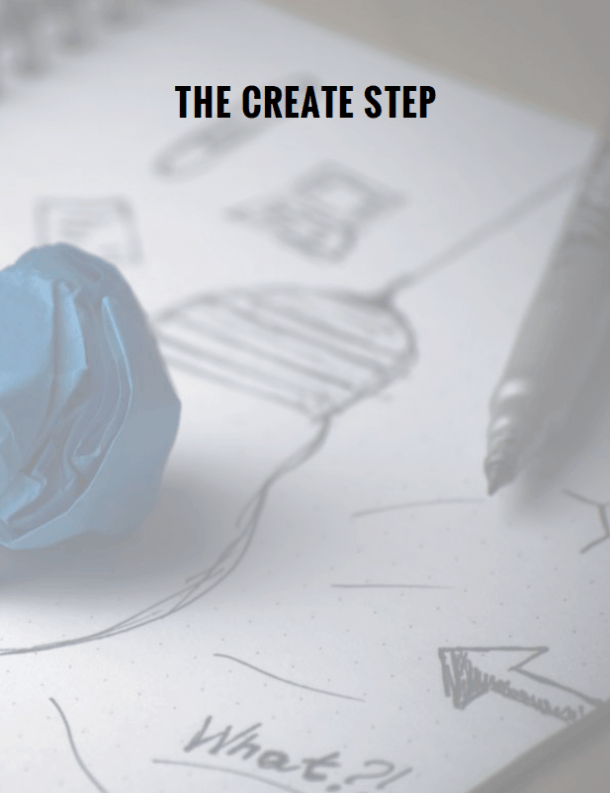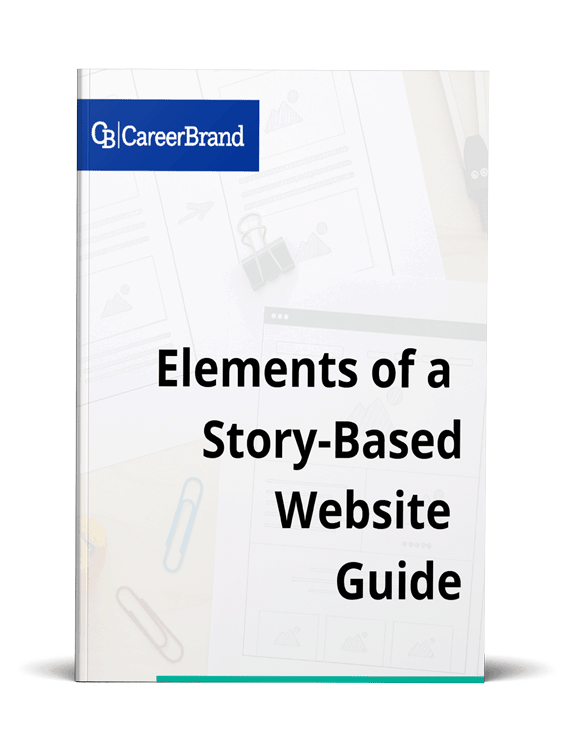Consumer or Creator. Which are you?
As I look at personal branding and the digital world we now live in, I have started to group career professionals into two types of people. You are either a Creator or a Consumer.
Creators take action; Consumers simply observe.
Creators add real value to others; Consumers merely talk about it.
This may seem harsh at first, but it’s something I’ve seen with my own eyes every day as I’ve worked to build the framework for the DICE process.
All of us—yes, you, too—are experts at something. We have skills and knowledge acquired over months and years of hard work and effort. Unfortunately, we are often hesitant to share those skills with others because we lack confidence in our abilities, we are fearful of being perceived as an exhibitionist, or maybe we don’t receive enough positive acknowledgment from others about our skills.
The Define step in the DICE was developed to help you see and grasp the depth of your skills, knowledge, and expertise.
The Integrate step helps to position you online as a Relentless Giver so you can share your expertise with the world.
While both are powerful steps toward giving you the confidence you need to see yourself as an expert, the two steps combined will not get others to acknowledge your expertise.
Calling yourself an expert is one thing, but when someone else calls you an expert, that’s something entirely different. This is where the Create Step comes in.
Creating content will cause others to view you as an expert.
Leonardo da Vinci is arguably the most famous artist and sculptor to have ever walked the face of the earth. He is the ultimate creator. His masterpieces still attract millions of visitors every year, and his brilliance can be seen in his work—even the works he started but never finished.
As you might think, it took Leonardo years to hone his craft, just like it has taken you years to develop your skills and expertise. But what if instead of creating, Leonardo spent those same years consuming?
Rather than putting brush to canvas, what if he had decided to watch others do it instead? What if, instead of putting the hammer to marble, he chose to read about how others had done it in the past?
Today, this type of consumer behavior can be seen in the time some spend on Facebook, YouTube or reading countless books on a particular subject. Always consuming, never putting into action what we learn.
If Leonardo had taken this approach to his art and his sculpting, what are the chances that we would know who Leonardo is today? The answer is virtually none, and this is the difference between a creator and a consumer.
The same applies to our careers.
Too many of us observe, and too few of us create. Rather than create a network, we observe others doing it. Rather than planning our careers, we simply move through them. Rather than build our brands, we watch others do it.
Leonardo has been credited with the following quote that I believe captures the difference between creators and consumers perfectly:
“It had long since come to my attention that people of accomplishment rarely sat back and let things happen to them. They went out and happened to things.”
“They went out and happened to things”: This is a common theme among the people I have spoken to both on my podcast and in person. If you look closely at the backgrounds of those who get ahead, those who get the position or role they want, you will see that at some point in their careers, they chose to create, not consume.
Leonardo also said:
“I have been impressed with the urgency of doing. Knowing is not enough; we must apply. Being willing is not enough; we must do.”
“We must do.” Sounds like something Yoda would say, but wise words nonetheless.
Doing is especially important in today’s work environment; knowing is not enough. If you want to be recognized as an expert, as the go-to person in your niche, your field of expertise (which is, by the way, where the top earners in your niche currently reside), you must create something. You have to take your expertise and apply it in some way for the benefit of others.
Today, those who get ahead demonstrate their expertise in public, which helps to build their credibility before they need it.
So which one are you?
Are you a consumer, constantly observing others and wondering how they got to where they are today? Or are you a creator, someone who is unconcerned about what others may think and has decided that rather than just know something, you want to become known for knowing something?
It's a subtle but important difference. It's the difference between being a consumer or being a creator.
This is an excerpt from my book CareerKred: 4 Simple Steps to Build Your Digital Brand and Boost Credibility in Your Career.
